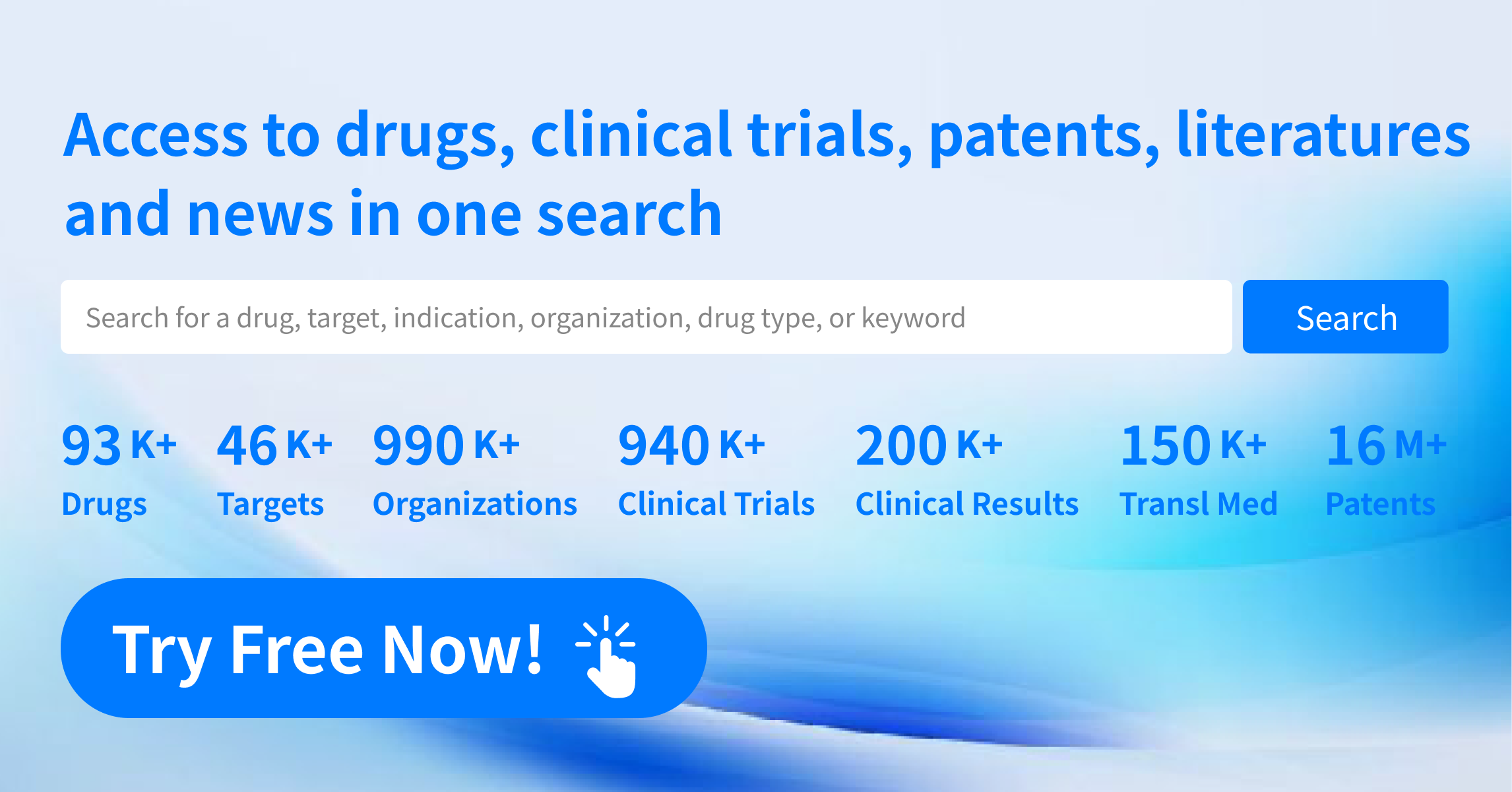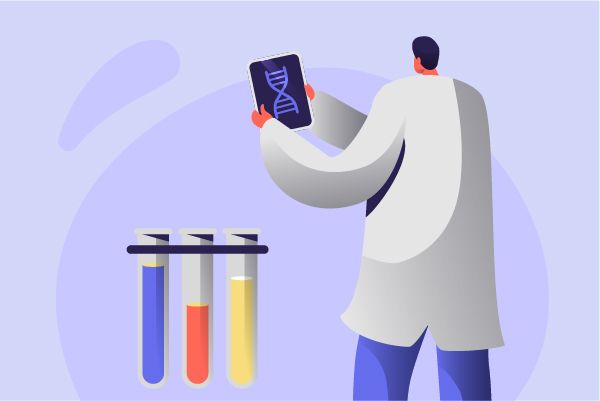Pharma Frontiers: Daily Digest of Global Pharmaceutical News – Aug 27
1.Akeso Biopharma Launches Phase III Head-to-Head Study of Ivonescimab vs. Durvalumab
On August 25th, the clinical trial registration and information public display platform revealed that Akeso Biopharma has initiated a head-to-head Phase III clinical trial comparing ivonescimab in combination with chemotherapy versus durvalumab combined with chemotherapy as a first-line treatment for advanced biliary tract cancer. This marks the fourth head-to-head Phase III study for ivonescimab. The study aims to enroll 682 adult patients with locally advanced or metastatic biliary tract cancer, including cholangiocarcinoma (both intrahepatic and extrahepatic) and gallbladder cancer, who have not previously undergone treatment. The primary endpoint of the study is overall survival (OS).
Ivonescimab is a first-in-class PD-1/VEGF-A bispecific antibody developed by Akeso Biopharma, which simultaneously blocks the binding of PD-1 to both PD-L1 and PD-L2, as well as VEGF to its receptors. In December 2022, Summit Therapeutics and Akeso Biopharma reached an agreement for a total transaction value of $5 billion to acquire the development and commercialization rights to the drug in the United States, Canada, Europe, and Japan. In May 2024, ivonescimab was approved for marketing in China to be used in combination with chemotherapy for the treatment of locally advanced or metastatic non-squamous non-small cell lung cancer (nsq-NSCLC) with EGFR mutations after disease progression following EGFR-TKI treatment.
2.Semaglutide New Indication Application Accepted for Market Authorization in China
On August 26, the official website of the Center for Drug Evaluation under the China National Medical Products Administration displayed that the application for a new indication of Novo Nordisk's semaglutide injection has been accepted. On August 7 local time, Novo Nordisk released its half-year report for 2024. In investor information posted on the company's website, Novo Nordisk mentioned that it had submitted an application in China for a chronic kidney disease (CKD) indication for semaglutide in the third quarter of this year. Based on this information, it is inferred that the accepted indication must be for CKD.
Semaglutide is one of the most representative GLP-1 medications globally, already approved worldwide for two major indications: diabetes and weight loss. Novo Nordisk is continuously exploring new indications for semaglutide. Regarding kidney disease, in March this year, Novo Nordisk announced that in the FLOW double-blind clinical trial, patients with type 2 diabetes and chronic kidney disease treated with a glycaemic control version of semaglutide (1.0mg) injection experienced a 24% reduction in the risk of worsening kidney disease, cardiovascular disease, and death from kidney disease, meeting the trial's primary endpoint.Novo Nordisk stated that approximately 40% of patients with type 2 diabetes suffer from chronic kidney disease, and semaglutide has the potential to become the first GLP-1 therapy for these patients.
3.Wantai Biological Files for Market Approval of Its Nine-valent HPV Vaccine
On August 26th, the CDE official website revealed that Wantai Biological's application for market registration of its nine-valent human papillomavirus (HPV) vaccine (Escherichia coli) has been accepted. In April this year, Wantai Biological announced that its collaboration with Xiamen University in developing the "Recombinant Human Papillomavirus Types 6/11/16/18/31/33/45/52/58 Nine-valent HPV Vaccine (Escherichia coli)" had concluded the V8 visit (out of 12 scheduled visits) of its Phase III main clinical trial. The blinding of this multi-center, randomized, double-blind, bivalent HPV vaccine-controlled Phase III clinical trial was lifted, achieving the pre-defined endpoint number of sustained infection cases at 12 months as per the protocol. The preliminary analysis of the main data indicated results that met the expectations. The data obtained from the unblinding of this phase III clinical trial for the nine-valent HPV vaccine only include partial main results up to the V8 visit, with a comprehensive and thorough analysis to be conducted in accordance with the protocol and statistical analysis plan.
4.BrightGene Bio-Medical's BGM0504 Injection Achieves Anticipated Results in Phase II Clinical Trial for Type 2 Diabetes
On August 26, BrightGene Bio-Medical announced that its independently developed BGM0504 injection for the treatment of type 2 diabetes has met its expected goals in the phase II clinical trial. The trial demonstrated significant improvements from baseline in glycemic indicators such as HbA1c, fasting plasma glucose, and 2-hour postprandial glucose, as well as composite endpoints of HbA1c and weight, in test subjects treated with target doses of 5mg, 10mg, and 15mg. These improvements were superior to those observed in the placebo group and showed good comparability with the positive control drug, Semaglutide injection. The medication is administered once weekly over a continuous period of 14 to 18 weeks. Overall safety and tolerability of the drug were good, with no incidents of hypoglycemia or serious adverse events reported. BGM0504 injection is a novel, first-in-class medication under development by the company, acting as a dual agonist for GLP-1 (glucagon-like peptide-1) and GIP (glucose-dependent insulinotropic polypeptide) receptors, which are not yet marketed anywhere else as chemical drugs. BGM0504 injection activates downstream pathways of GIP and GLP-1, producing biological effects such as blood sugar control, weight reduction, and the treatment of non-alcoholic steatohepatitis (NASH), indicating its potential in the treatment of multiple metabolic disorders.
5.The first participant has been enrolled in the Phase III clinical trial of Fudan Zhangjiang's FDA018 injectable for triple-negative breast cancer
On August 26, Fudan Zhangjiang announced that the first subject has been enrolled in the phase III clinical trial of their developed injectable FDA018 antibody-drug conjugate (ADC) targeting Trop2 (a monoclonal antibody linked to SN38) for the treatment of triple-negative breast cancer (TNBC). This drug consists of a monoclonal antibody targeting the trophoblast cell surface glycoprotein antigen (Trop-2) conjugated with SN38. Trop-2 is expressed at varying levels in normal human tissues but is significantly upregulated in several types of cancers including breast, lung, and gastric cancers. The drug functions by binding to Trop-2-expressing tumor cells, internalizing, and then selectively releasing the small molecule cytotoxic drug (a topoisomerase I inhibitor) within the lysosomes through proteolytic cleavage, thus killing the tumor cells. The drug is intended for the treatment of advanced solid tumors, including but not limited to breast cancer, urothelial carcinoma, non-small cell lung cancer, cervical cancer, and gastric cancer. In May 2024, phase I clinical data results for this drug were published on the official website of the American Society of Clinical Oncology (ASCO). According to the clinical data for monotherapy, as of October 8, 2023, a total of 62 patients had been treated with at least one dose of the drug, demonstrating good tolerability and manageable safety, with the maximum tolerated dose (MTD) not yet reached at 12.0 mg/kg. Among the 29 evaluable TNBC patients treated with a 10.0 mg/kg dose, the objective response rate (ORR) was 37.9% and the disease control rate (DCR) was 79.3%, showing encouraging preliminary anti-tumor activity.
6.UCB Announces Sale of Neurology and Allergy Business in China
On August 26, UCB announced a strategic divestiture agreement in China, deciding to adjust its strategic focus in the region by selling its mature neurology and anti-allergy product businesses to CBC Group and Mubadala Investment Company. The new partnership will form a company to scale up operations. The sale includes mature neurology products such as Levetiracetam, Lacosamide, and Rotigotine, as well as anti-allergy products Cetirizine Hydrochloride and Levocetirizine Hydrochloride, along with a production facility located in Zhuhai. The transaction, expected to be completed by the fourth quarter of 2024, values at $680 million. Until then, all assets and operations will continue to be owned by UCB and business will proceed as usual. Concurrently, UCB disclosed progress in innovation, actively preparing to introduce a series of innovative drugs in the fields of immunology, neurology, and rare diseases in the Chinese market.
How to obtain the latest research advancements in the field of biopharmaceuticals?
In the Synapse database, you can keep abreast of the latest research and development advances in drugs, targets, indications, organizations, etc., anywhere and anytime, on a daily or weekly basis. Click on the image below to embark on a brand new journey of drug discovery!




